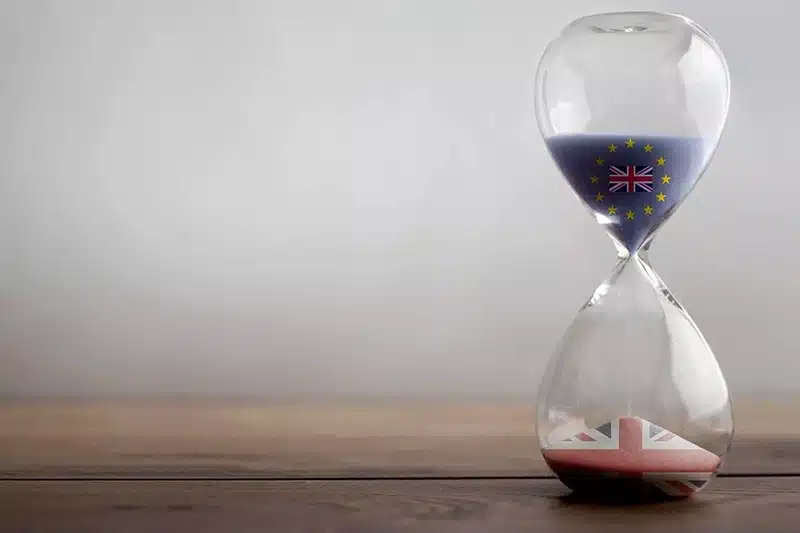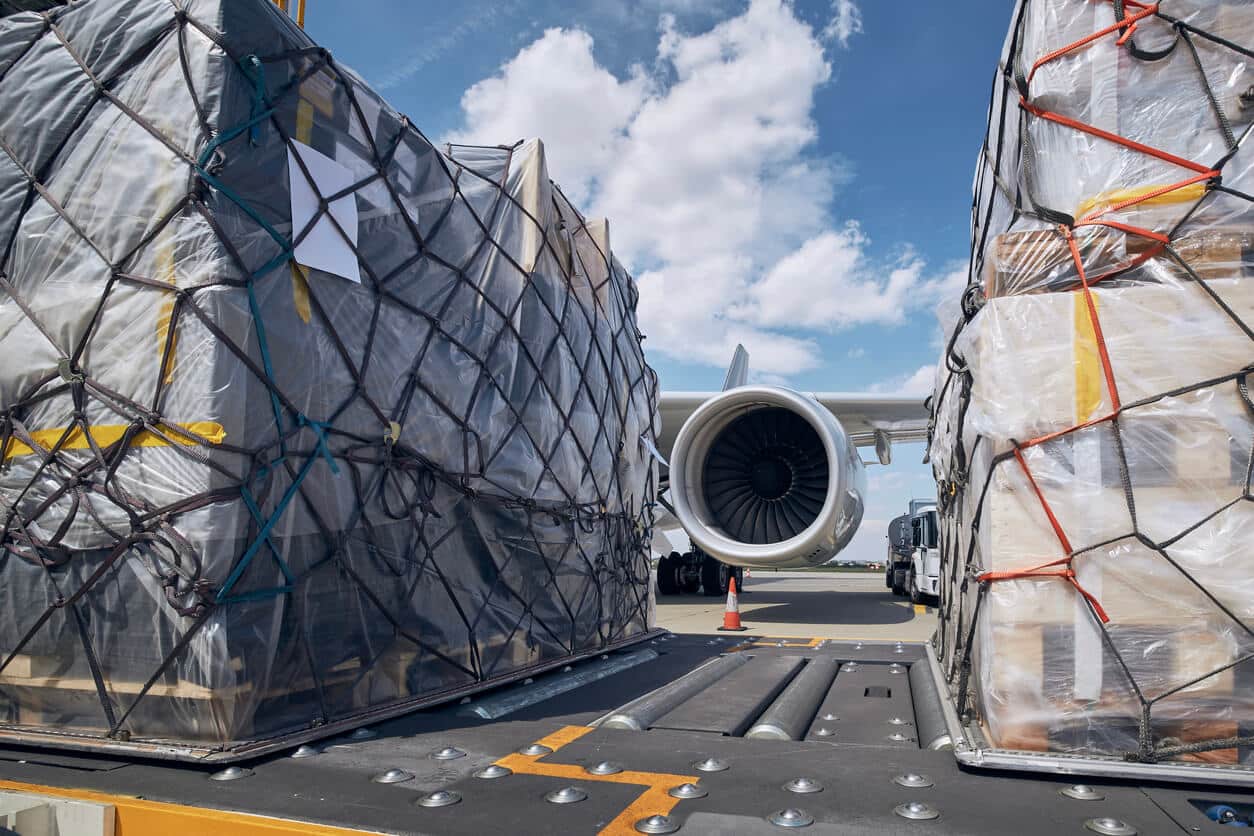In the UK, 95% of construction projects reported delays in 2024, pushing costs up by…
February 8, 2021
What does the UK’s new relationship with the EU mean for you?
It’s been an incredibly interesting and yet challenging start to 2021 for the logistics industry, as the Brexit transition period drew to a close on 31 December and businesses have had to come to terms with what the new UK and EU relationship means from an import/export perspective. Businesses have had to look at it from a tactical perspective and understand what needed to be done to keep goods moving over the last month. They also need to consider what needs to be put in place between here and 30 June 2021, when the phased approach will draw to a close and a longer-term strategy for thereafter.

As if that weren’t enough, some additional delays were caused by customs systems downtime, which created a greater backlog of deliveries for logistics service providers. It was further compounded by the ongoing challenges of the global pandemic and the latest in-country regulations around COVID-19 testing of the key workers, who keep deliveries moving across borders.
It certainly feels that huge amounts of energy, dedication and agility have been invested by all parties involved to get 2021 off the ground. Our very own Brexit Action team have been preparing for the 1 January and the much-anticipated change that we knew it would bring with it for many months. Having said all of that, we have still had unexpected challenges to overcome, despite all the planning.
Our motto at Carousel is ‘Whatever it takes, &more’, something the Brexit Action team have most definitely demonstrated and continue to take that approach, as we work in partnership with our Clients to meet their requirements for the coming months and beyond. This month, the team wanted to highlight some key updates, so that together we will continue to build momentum and to future proof the delivery of service-critical logistics in our rapidly changing World:
Will Customs Duties still apply?
Customs duties will still apply unless your goods are confirmed to be of EU or UK origin.
In the interest of maintaining the free flow of goods, the UK is operating a phased approach for EU goods being imported into the UK until 30 June 2021, otherwise known as HMRC Customs Freight Simplified Procedures, Entry In Declarants Records (CFSP EIDR) scheme. Further information about the phased approach can be found in our previous blog “Importing goods into the UK after 1 January 2021: A practical guide”. It is worth noting that you can still use postponed VAT accounting – for more information click here.
The agreement makes no provision for phasing in customs duties for GB goods moving into the EU and Northern Ireland from 1 January.
How can I find out if Customs Duties apply to goods of UK or EU origin?
You may not have to pay Customs Duty on goods, depending on how the goods are classified and if they originate in the EU or UK. To find out if this is applicable and how you would go about claiming what is termed a ‘preferential rate of duty’ when goods are imported into the respective countries and released to free circulation, click here. This link will also provide you with more information about the rules of origin, proof of origin and additional details. All other Country of Origin goods will need to have duty applied in the usual way.
Important points to note:
Select the correct ‘preference need’ and ‘declaration procedure code’ as these will directly impact how much customs duty you will be charged.
The Commercial or Proforma Invoice requires additional statements if you are using GB or EU Country of Origin.
Is a suppliers’ declaration required for Proof of Origin?
A Suppliers’ declaration is provided by your UK supplier to prove the origin of your goods, for preferential rates of duty between the UK and other countries. To find out more about when you do and don’t need a suppliers’ declaration, the different types available, where to include declarations and what needs to be included, click here.
Do I need to become a registered exporter?
If you’re established in Northern Ireland and import goods under an EU preference that are not released for free circulation but are supplied to an EU country, you can apply to become a registered exporter here.
Are there Trusted Trader Schemes in place?
The agreement provides for mutual recognition of Trusted Trader Schemes (AEO), allowing for streamlined customs procedures for eligible traders.
The deal will not remove the need for customs declarations and paperwork for GB–EU traders. As we understand it, the intention is to eventually allow for simplified forms to minimise the costs and time implications for businesses eligible to use Trusted Trader Schemes (not all businesses will be able, or will choose, to make use of these schemes).
The UK and the EU have also agreed to work together and exchange information on customs and VAT matters to prevent fraud and recover unpaid duties.
How can Carousel help you?
Carousel continues to prepare for all eventualities, so we’re here if you need some extra support or help building a contingency plan for your supply chain. Whether you require expert guidance or customs brokerage services to navigate changing regulations, our team is ready to assist.
Our Brexit Action Team is made up of experts from across our European operation and they can work with your business to build resilience, resolve supply chain challenges, and even identify real opportunities in 2021. To book a free consultation with a member of the team, contact: tim.deniz@carousel.eu.
We offer a range of critical post-Brexit services
If you want to find out more about how you can avoid potential short strait delays and how to maintain your last mile, or if you’d like to appoint us as your customs broker, get in touch today.
Information correct at the time of publishing.


